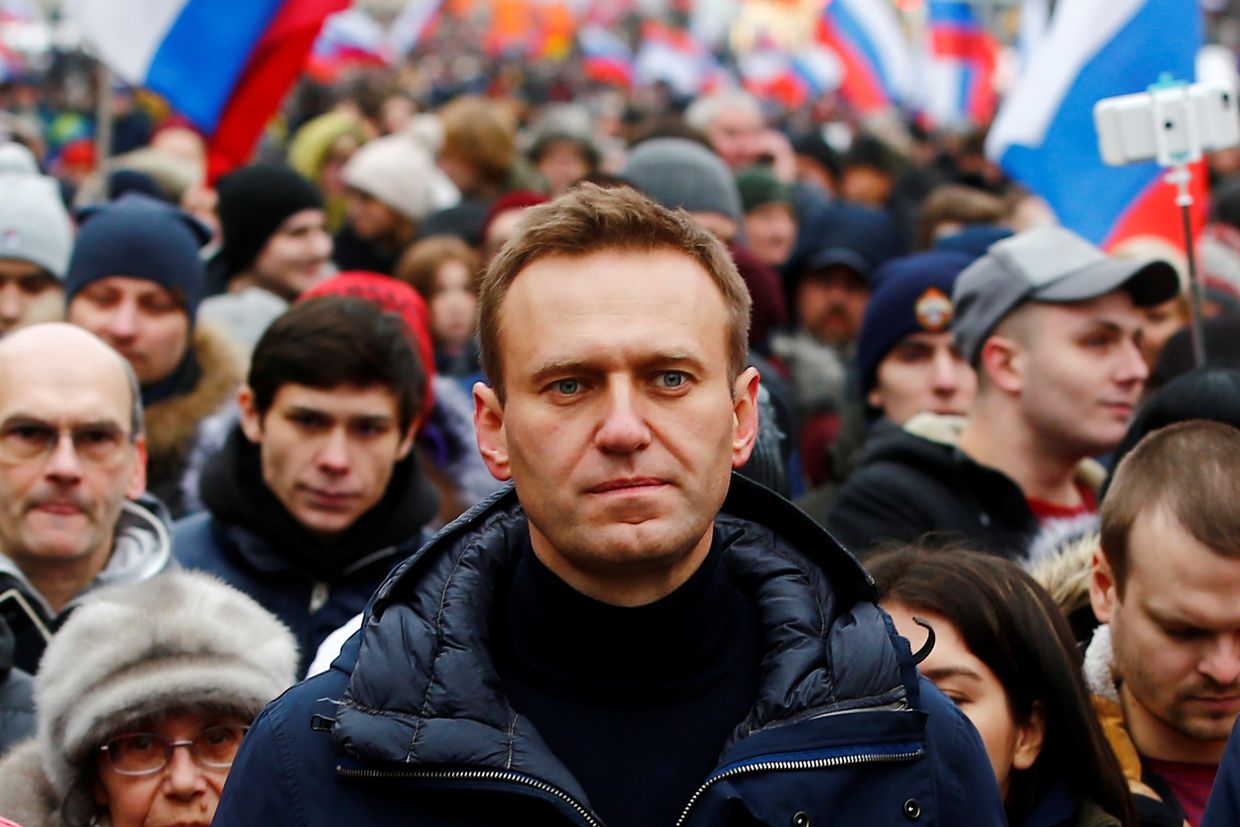Russian political figure Alexei Navalny passed away on February 16, a development that did not shock those well-versed in Russian politics. Navalny had emerged as a key adversary to Russian leader Vladimir Putin, facing significant opposition from the Kremlin, which utilized various tactics to suppress him. Despite being entangled in fabricated criminal proceedings and serving time in prison, Navalny managed to survive an assassination attempt in 2020, which investigative reporters linked to Russia’s Federal Security Service.
Following his transfer to a harsh penal colony in the Arctic region, reports of severe conditions, torture, and human rights violations surfaced. Navalny’s demise raised questions about the circumstances leading to his death, with some attributing it to intentional harm amid inadequate medical care and extreme confinement. European Council President Charles Michel hailed Navalny as a champion of freedom and democracy, emphasizing the EU’s condemnation of the Russian regime for his tragic fate.
Navalny’s journey to becoming a prominent opposition leader was marked by his exposure of corruption within state-controlled entities, his role in organizing anti-government protests, and his advocacy for transparency and accountability. Despite facing criticism for his past affiliations and controversial statements, Navalny’s evolution towards a more liberal stance and his relentless pursuit of justice garnered widespread support and admiration.
The narrative surrounding Navalny’s poisoning in 2020, allegedly orchestrated by Russian security agents using a Novichok nerve agent, further underscored the dangers he faced as a vocal critic of the regime. His decision to return to Russia despite the risks led to his subsequent imprisonment and a series of legal convictions aimed at silencing him. Navalny’s treatment in custody, including solitary confinement and reported health issues, raised concerns about human rights abuses and the lack of adequate medical attention.
The circumstances surrounding Navalny’s sudden demise, officially attributed to a blood clot, have sparked skepticism and allegations of foul play. Critics have cast doubt on the official explanation, pointing to inconsistencies and raising suspicions of intentional harm. As the world mourns Navalny’s passing and condemns the oppressive tactics employed against him, the quest for justice and accountability in his case continues, with many holding Russian President Vladimir Putin responsible for the tragedy.
